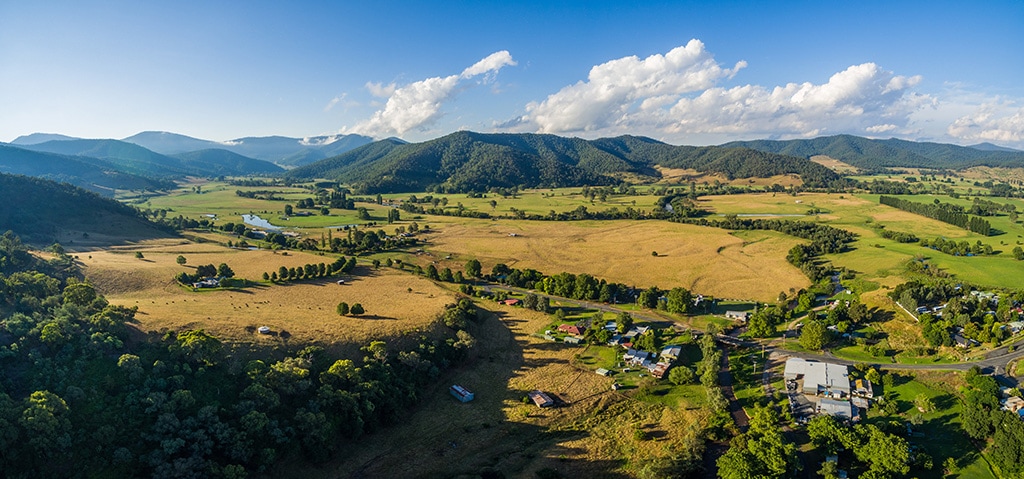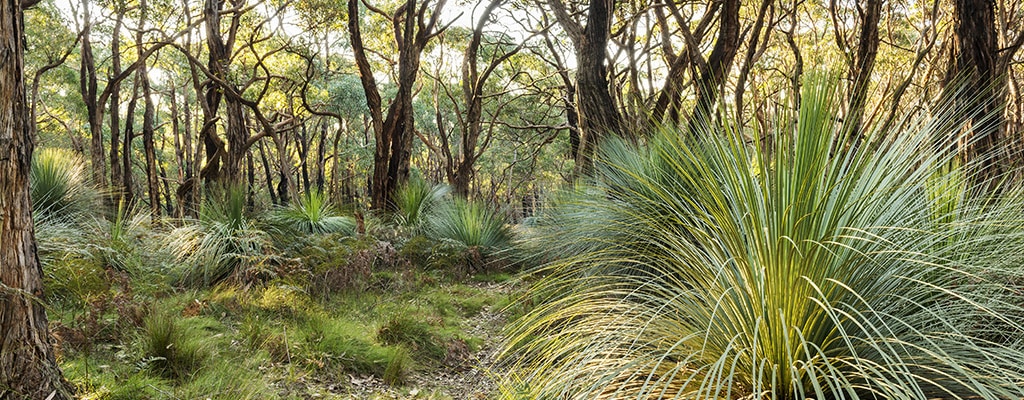
A lot has happened since our last update on the NEPS Scoping Study led by the Expert Panel tasked with investigating Australia’s environmental predictive research infrastructure capability. Here we bring you up to date on the recent consultation events, their key findings and the tasks that will happen in the remaining few months of the study.
Broad Consultation

Between October 2019 and January 2020, the Expert Panel stepped up its consultation process, holding a number of workshops with key research institutions and government agencies. Amongst these were presentations at the November 2019 GEO Week in Canberra and a workshop at the Ecological Society of Australia conference in Launceston, also in November 2019.
Facilitated open consultation meetings on the requirements in research infrastructure toward enabling environmental prediction were carried out in February 2020 across six capital cities. Following promotion online and through targeted emails, around 100 people participated, including members of the Expert Panel. The Scoping Study also received a number of detailed written submissions.
Thank you all for getting involved and helping shape the development of this support system for Australia’s research and decision-making communities.
Participants in the open consultations were from a range of sectors and domains, with 45% coming from university/academic institutions, 31% from federal/state/local government, 10% from the private sector, and 14% from other types of organisations.
Participants were invited to contribute ideas about how a national environmental prediction system should be designed, including ways in which it might be used, to help formulate options for the system design, governance structure and business model to be submitted to the Australian Government in 2020.
There have been a number of common themes across these engagements:
- Culture is a key missing link. We need to build a culture which harnesses the strengths of all partners into a collective effort to solve challenges that have so far proved elusive;
- A key focus must be the capacity to model. Specific considerations include:
- Cross-domain (and in some cases specific-domain) modelling, which remains a significant challenge;
- Most problems are experienced locally, but need often to be viewed regionally and nationally, so efforts need to be able to scale;
- ‘Forecasting’ is currently a more attainable goal than ‘prediction’;
- There must be a partnership approach between researchers, government and industry to provide scientists with an ability to enable decision-makers, and involve all in contributing data, knowledge and resources into solutions;
- We need common approaches, from the creation of data to the ability to understand the assumptions and algorithms underpinning modelling;
- Substantial support for a transdisciplinary capability enabling an integrated socio-ecological approach to understand ecological, economic, cultural and social dimensions when tackling grand challenges. Thanks to the Scoping Study, for the first time we have the commitment, awareness of the need, and technological capability to federate the capabilities of existing Australian research infrastructures to tackle complex multidisciplinary program work and meet grand challenges at a global macro scale.
- Reinforcement of the need for the capability to build on existing national research infrastructure and government capabilities in the following three areas:
- Synthesis centre: A scalable facility able to coordinate and host face-to-face and virtual synthesis discussions and consultation activities to assemble work programs
- Modelling expertise: A facility with responsibility for technical delivery and thought leadership around integrative modelling of the Australian environment.
- Digital access platform: A national-scale integrated facility delivering improved access and interoperability of the datasets and the analytical tools needed, to produce data and information products and services to be used by decision-makers
- Endorsement that the Scoping Study identifies case studies for cross-domain integration, modelling and prediction, as exemplars to identify common capability needs across disciplines and sectors and to demonstrate the value of the NEPS investment.
Australian Environmental Futures Proposal

As a result of these consultations and ongoing discussions with key stakeholders including the Department of Education, Skills and Employment (DESE), the Expert Panel decided that the NEPS name was not ideal. A new, better scoped, name was needed.
Australian Environmental Futures (AEF) is the name proposed for the Australian environmental predictive research infrastructure investment. (NEPS will continue to be the name of the Scoping Study until its completion).
AEF is being proposed as a “next-generation” National Research Infrastructure (NRI) that will leverage the strengths of the existing NCRIS NRIs and provide a framework for them and others to address larger transdisciplinary research questions.
AEF aims to address gaps between these NRIs to deliver additional networking and technical linkages so that all researchers (and government, industry and wider society) can find, review and contribute to improving the best available data and models for each aspect of the environment and participate in developing capabilities to forecast possible future scenarios to underpin Australia’s policies, planning decision-making and management strategies.
Implementation Plan

The Expert Panel and the TERN landscape research support team are currently working towards completing a draft AEF Implementation Plan for submission to DESE at the end of May.
In this draft plan, AEF will be described as a collaborative platform to support and strengthen the existing network of NRI facilities. The details are still being developed, but the AEF will likely require investments in governance, synthesis, data access and modelling (as identified during consultation).
Additionally, one or multiple large-scale ‘case-study’ AEF initiatives will be included to develop insights, datasets and models and demonstrate what the NRI will enable.
Final Stages of the Scoping Study


With the draft Implementation Plan due in a few days’ time and the final report only a few months after that, we have truly reached the pointy end of the two-year Scoping Study.
It’s clear that the community values continued engagement with the NEPS Scoping Study. And, vice versa, your feedback and involvement are also extremely valuable to the Expert Panel and TERN Secretariat.
Further updates will be sent out over the coming months, but if you would like to discuss any aspects of the study please don’t hesitate to get in touch via tern@uq.edu.au.







